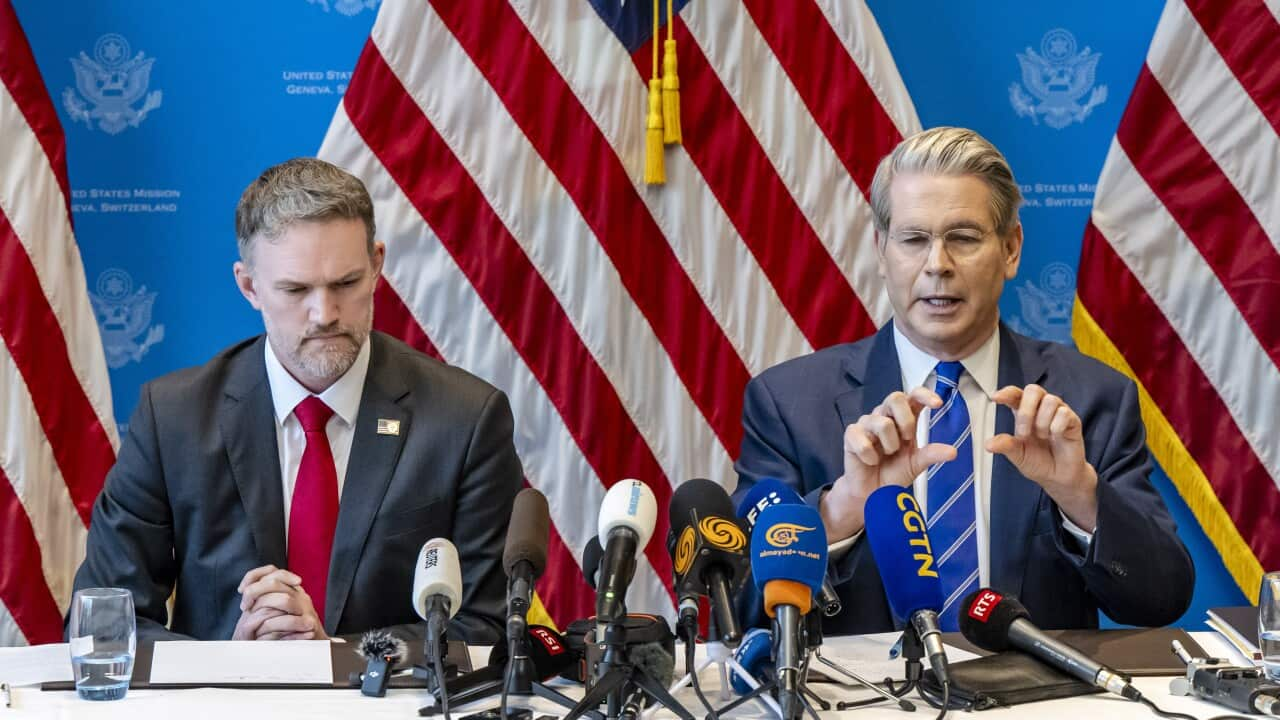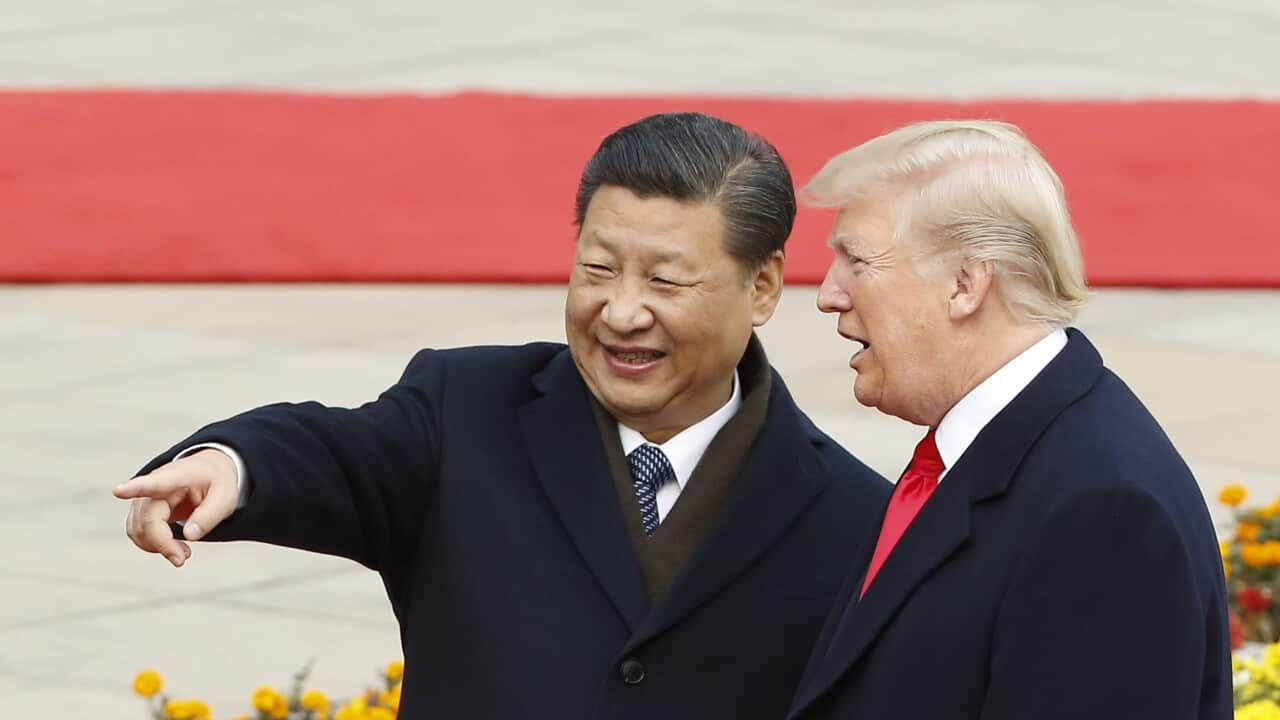Global stock markets surged on Monday after the US and China agreed to slash steep tariffs for at least 90 days, tapping the brakes on a trade war between the world's two biggest economies that had fed fears of a global recession.
Under the temporary truce, the US will cut extra tariffs it imposed on Chinese imports last month from 145 per cent to 30 per cent for the next three months, the two sides said, while Chinese duties on US imports will fall to 10 per cent from 125 per cent.
But the temporary pause did little to address the underlying schisms that led to the dispute, including the US trade deficit with China and President Donald Trump's demand for more action from Beijing to combat the US fentanyl crisis.
The dollar rose, while safe-haven gold prices fell as the news eased — but did not erase — concerns that Trump's trade war could crater the global economy.
Speaking after talks with Chinese officials in Geneva, US treasury secretary Scott Bessent said that both countries represented their national interest "very well".
"The consensus from both delegations this weekend is neither side wants a decoupling," Bessent said.
"And what had occurred with these very high tariffs ... was the equivalent of an embargo, and neither side wants that. We do want trade."
China's state media said Beijing held firm to its principles while opening a path to more cooperation with the US, breaking from its tone of defiance a week earlier.
"Economic and trade cooperation between China and the US has a deep foundation, great potential and broad space," government-run broadcaster CCTV said in a commentary.
The Geneva meetings were the first face-to-face interactions between senior US and Chinese economic officials since President Donald Trump returned to power and launched a global tariff blitz, imposing particularly hefty duties on China.
Since taking office in January, Trump has hiked the tariffs paid by US importers for goods from China to 145 per cent, as well as those he imposed on many Chinese goods during his first term and the duties levied by the Biden administration.
China hit back by putting export curbs on some rare earth elements, vital for US manufacturers of weapons and electronic consumer goods, and.
The tariff dispute brought nearly $US600 billion ($933 billion) in two-way trade to a standstill, disrupting supply chains, sparking fears of stagflation and triggering some lay-offs.



